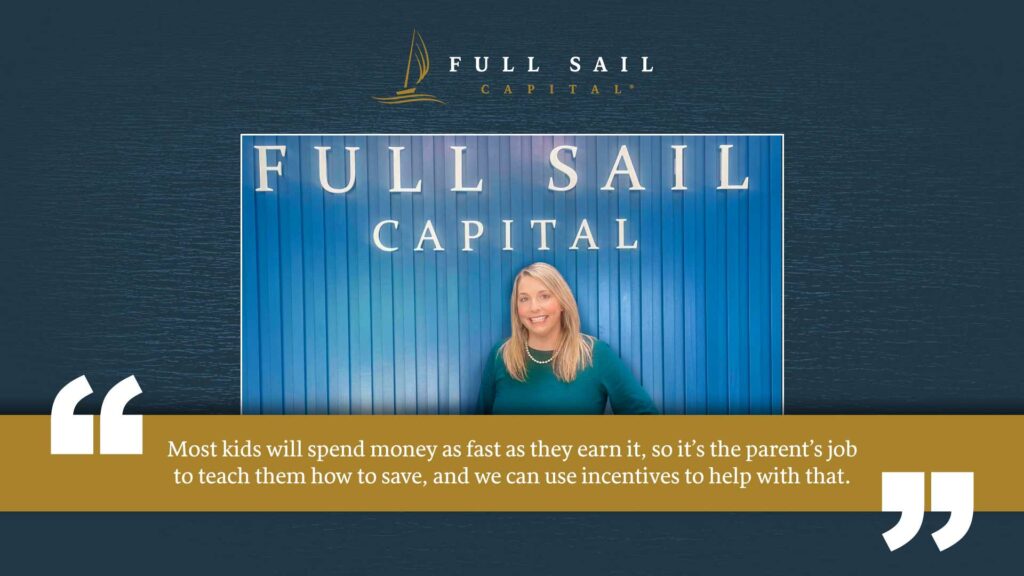As parents, we spend a lot of time thinking about grades and manners. We spend Saturday mornings at the soccer fields or the ball park. We worry about friend groups; we plan birthday parties, and we attend parent-teacher conferences.
There’s a lot that goes into teaching our kids the fundamentals of life through the plethora of educational and extracurricular activities that crowd into our daily schedules. But there is one fundamental life lesson most parents overlook, and that’s financial literacy.
Children can’t win a trophy for financial literacy, and they’re not going to be graded on it in school. In fact, we don’t meet many parents who brag about how financially literate their children are. But, a child’s knowledge of earning, saving, investing, and spending will be more important to them later in life than anything they’ll learn on the soccer field, in band practice or in history class.
There are many ways we can teach our kids about money, and it’s important that we are proactive, deliberate, and consistent with our plans because it will pay dividends for our children in the end.
Millions of children across the country receive allowances from their parents, and that’s a good start, but how many are actually earning the money? Children benefit more when there’s a job, or a responsibility that goes with it. Learning about the sacrifices required to earn money is important, but there are other lessons to teach them as well.

Most kids will spend money as fast as they earn it, so it’s the parent’s job to teach them how to save, and we can use incentives to help with that. Employers frequently offer 401(k) plans that match employee contributions by a certain percentage. Parents can make similar arrangements with their children. When a child saves a dollar, the parent can match it with a dollar, 50 cents or some other amount, and once the money is in the bank account, it shouldn’t be easy to take out, just like a 401(k).
When children reach high school and college and are earning money from jobs like baby sitting or mowing lawns, consider setting up a Roth IRA account. That will allow them to continue saving, investing, and watching their nest eggs grow into substantial sums that could be available for future expenses, such as education or a first home.
Through these lessons, children are likely to grow into young adults who understand the importance of saving and investing because they will have observed the power of compounding interest and potential gains that can come through investing. You will have taught them critical habits that could create enormous value for the rest of their lives.
While we will always be grateful for soccer practices, baseball games and English classes, let’s not overlook the allowances, the jobs, the saving and investing. Because most kids never make it to the major leagues and only a few end up writing the great American novel.
But if they apply what you teach them about earning, saving, and investing, they might end up being millionaires, just the same.
